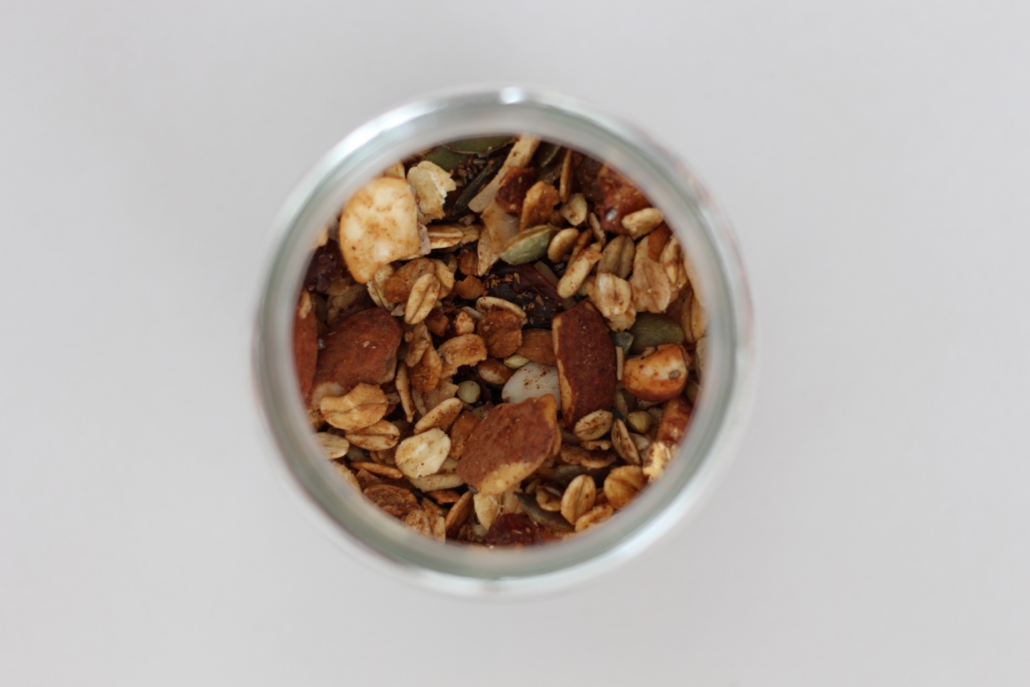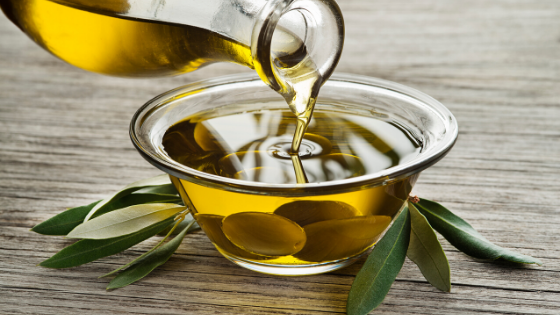Nonalcoholic fatty liver disease, characterized by abnormal accumulation of fat within the liver, is a leading cause of chronic liver disease. Furthermore, it has been linked to type 2 diabetes and cardiovascular disease. Understanding how diet can help prevent fatty deposits in the liver continues to be an important public health goal.
Findings from a study conducted by Xavier Pinto (Hospital Universitario de Belltige-IDIBELL) and colleagues and published in The Journal of Nutrition suggest that consuming an energy-unrestricted Mediterranean diet supplemented with extra-virgin olive oil may help reduce the prevalence of nonalcoholic fatty liver in older adults at high cardiovascular disease risk.
To better understand the possible effects of a Mediterranean diet on nonalcoholic fatty liver disease, 100 older adults at high cardiovascular risk were enrolled in the study. Subjects were randomly assigned to a Mediterranean diet supplemented with extra-virgin olive oil, or a Mediterranean diet supplemented with mixed nuts. Subjects in the control group were advised to reduce all dietary fat. No recommendations to lose weight or increase physical activity were given. Baseline adiposity and cardiovascular risk factors were similar among the 3 study groups.

At 3 y post-intervention, participants that followed a Mediterranean diet supplemented with extra-virgin olive oil had a lower prevalence of nonalcoholic fatty liver (8.8%) compared with those in the Mediterranean diet supplemented with nuts (33.3%) and restricted dietary fat (33.3%) groups. Study results suggest an energy-unrestricted Mediterranean diet supplemented with extra-virgin olive oil is associated with a lower prevalence of nonalcoholic fatty liver in older adults at high cardiovascular risk.
Given the growing epidemic of nonalcoholic fatty liver, these findings are particularly relevant for public health. The notion that extra virgin olive oil can protect against nonalcoholic fatty liver disease warrants further investigation to better understand the underlying physiological mechanisms.
Exceptional Science & Inspiring Speakers  Get access to over 60 hours of the best science and latest clinical information at your convenience. Learn More & Get Access
Get access to over 60 hours of the best science and latest clinical information at your convenience. Learn More & Get Access
Reference. Pinto X, Fanlo-Maresma M, Corbella E, Corbella X, Mitjavila MT, Moreno JJ, Casas R, Estruch R, Corella D, Bullo M, Ruiz-Canela M, Castaner O, Martinez JA, Ros E, for the PREDIMED Study Investigators. A Mediterranean Diet Rich in Extra-Virgin Olive Oil Is Associated with a Reduced Prevalence of Nonalcoholic Fatty Liver Disease in Older Individuals at High Cardiovascular Risk. The Journal of Nutrition. 2019. https://doi.org/10.1093/jn/nxz147
Cover image credit: canva.com
 Kathy Beerman, PhD
Kathy Beerman, PhD
Dr. Kathy Beerman teaches in the School of Biological Sciences at Washington State University. The author of several published articles, she is interested in research that focuses on the efficacy of a novel approach to treating iron deficiency anemia in rural regions of Guatemala and Ecuador. Dr. Beerman teaches an undergraduate nutrition course for health majors, as well as a course that prepares students to participate in a 10-day medical mission to Guatemala. Since joining the faculty at Washington State University in 1990, she has been the recipient of several teaching awards (the Burlington Northern Faculty Meritorious Achievement in Teaching Award, the R.M. Wade Foundation Award for Excellence in Teaching, and the Sahlin Faculty Excellence Award for Instruction). More recently, she received the CAS Outstanding Achievement Award in International Activities (2017) and the President’s Award for Leadership (2018). Other scholarly activities include co-author of two introductory nutrition textbooks (Nutritional Sciences: From Fundamentals to Food and NUTR).

